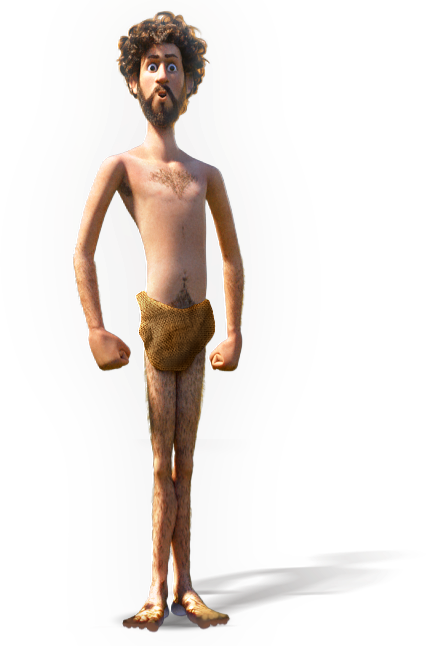
01
Humankind
Lil Dicky
Homo sapiens (aka humans) are one of the five great ape species. We share much of the same DNA with our cousins – gorillas, bonobos, chimpanzees, and orangutans – with some notable differences, in particular very large brains and very little fur. Despite evolving only 300,000 years ago and being weaker and more fragile than other apes, we’ve managed to conquer the entire planet, much to our own detriment.
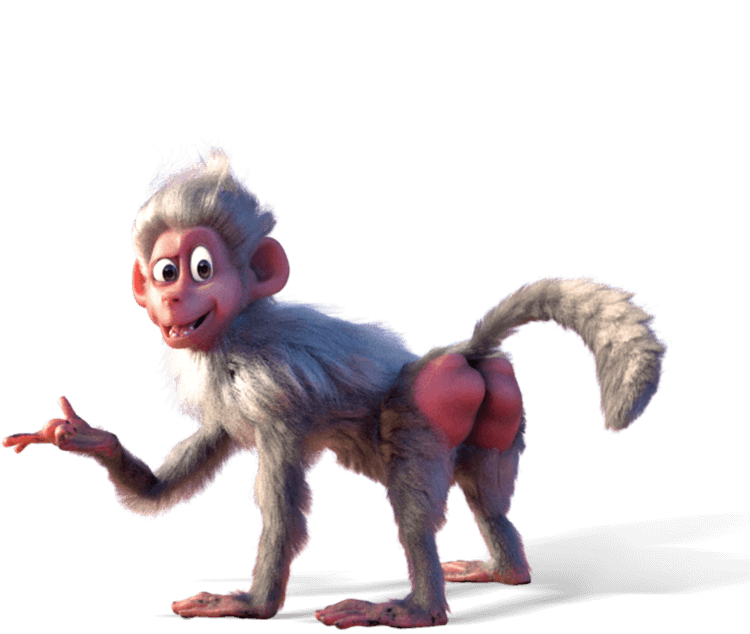
02
Baboon
Justin Bieber
Baboons live in surprisingly varied habitats and are extremely adaptable. These social monkeys, who live in troops of up to 300 individuals, can be found in semi-arid habitats, like savannas and bushlands, and also tropical forests and mountains. Despite this diversity, baboons are quickly losing viable habitats due to overgrazing, agricultural expansion, irrigation projects, and human impacts.
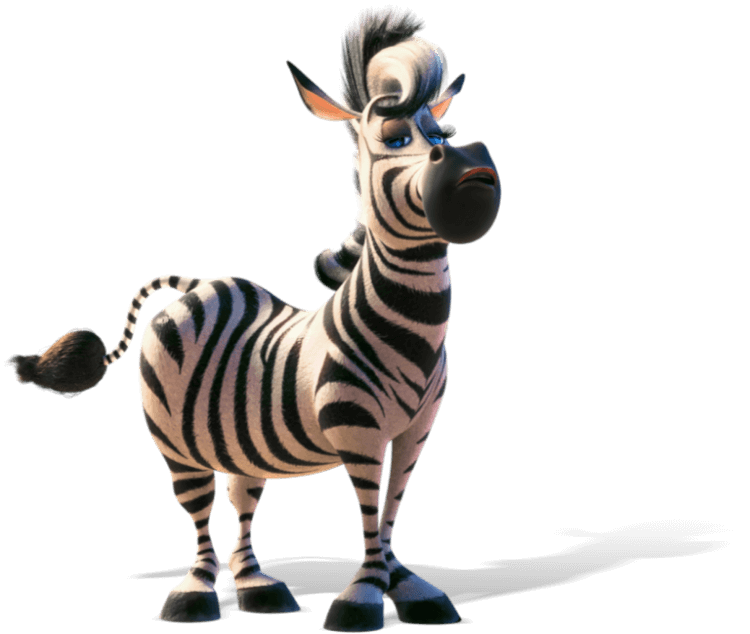
03
Zebra
Ariana Grande
Each of the three species of zebra has a different general pattern of stripes, and every individual zebra's stipes are unique - like a human fingerprint. There are 750,000 plains zebras, but the most endangered zebra species is the Grevy's zebra, where only an estimated 2,000 individuals remain. Unfortunately, climate change is increasing droughts and making things harder for the zebra.

04
Lion cub
Halsey
Lion cubs are usually born in litters of 3-6. In large lion prides, each lioness gives birth at around the same time so suckling can be done by any lactating lioness. This increases the chance of survival for cubs, which is becoming increasingly difficult due to the myriad of threats they face. Lions have vanished from 80% of their historical range and are now gone from over 27 countries they once inhabited.
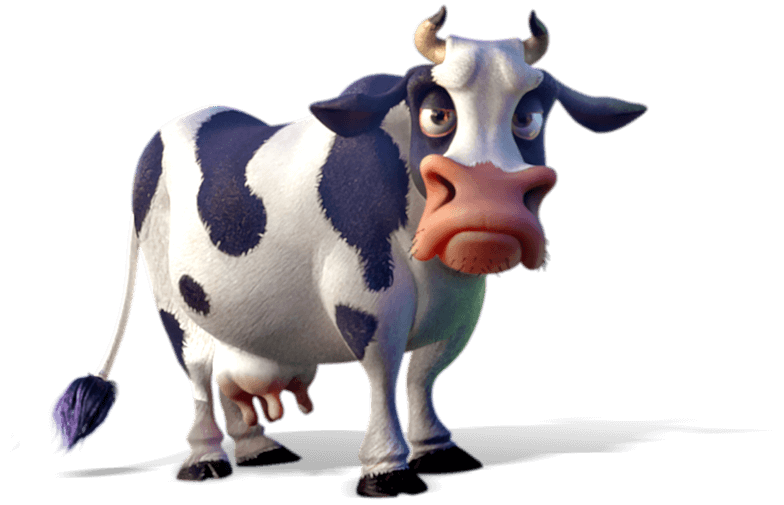
05
Cow
Zac Brown
Cows are intelligent creatures, but there are now too many on the planet – over 1.5 billion. We definitely need to eat less meat, but when healthy cows are properly managed on grasslands instead of factory farms, they can actually help the environment through a system called managed rotational grazing. All their pooping and peeing builds soil carbon and can be used to revitalize wildlife habitat.
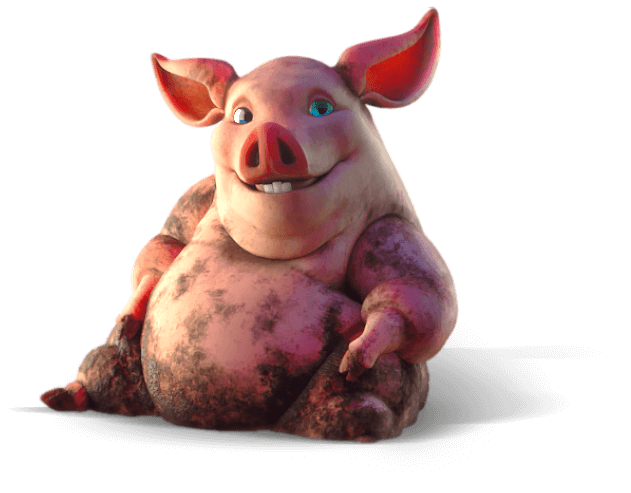
06
Pig
Brendon Urie
Pigs are a highly intelligent and beloved farm animal, but there are just too many on Earth – over 750 million raised to make pork. While pork has a much lower climate impact than beef, factory farming of pigs is often very inhumane. At all times you should try to eat farm-raised pork.
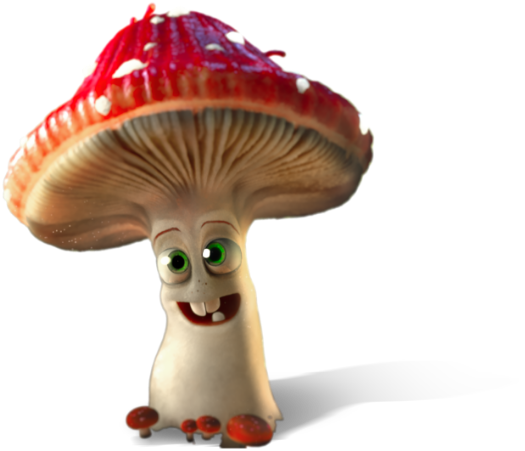
07
Common Fungus
Hailee Steinfeld
You may have never heard of a mycorrhizal fungus, but they're one of our greatest allies in sequestering carbon in the soil. This type of fungus exists entirely underground and accelerates carbon storage in forests. Unfortunately, this fungus is extremely susceptible to Nitrogen pollution that can be caused by agricultural run-off. If we lose the fungi, we'll exponentially increase climate change.

08
Clam
Lil Jon
Clams play key roles in ocean ecosystems by improving water quality, removing nitrogen from coastal waters, and sequestering carbon. They also provide food and jobs for many coastal communities. Unfortunately, as oceans absorb more carbon from the atmosphere, acidity increases, which makes it harder for all shellfish to grow and to create the hard calcified layer that protects them
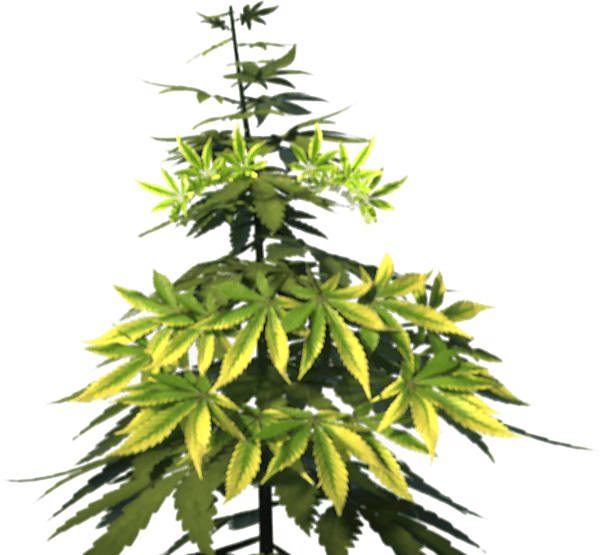
09
Marijuana
Snoop Dogg
Hemp production has been practiced for thousands of years because of its multiple uses for textiles, food, building material, medicinal purposes and now we can add another - to help reduce climate change! Hemp is a quick grower so it does not need the same amount of fertilizers as many other plants. Hemp also has long extensive roots which can pull carbon out of the air and distribute it underground.
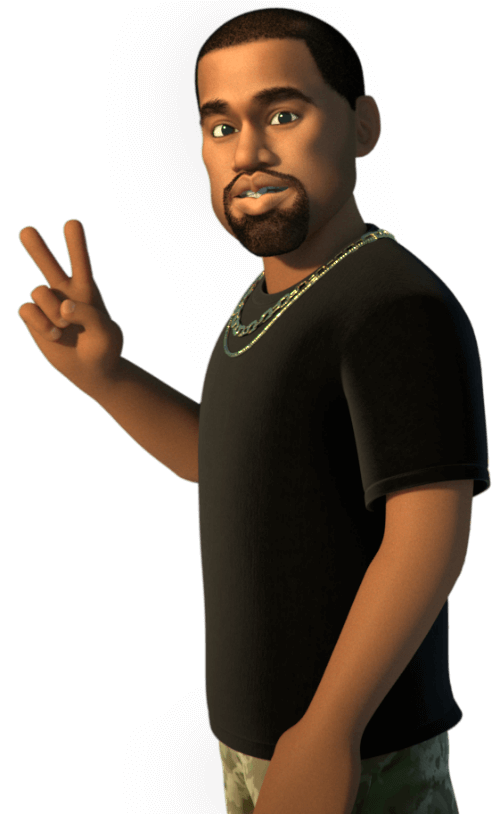
10
Kanye West
aka Kevin Hart
Kanye West is one of Lil Dicky’s biggest artistic influences. In his formative years, LD always had Kanye in his ear telling him not to listen to other people if they said something was impossible. And now look at Lil Dicky, he’s a rapper/actor/model as a result. So if people tell us we can’t save the world, well then...let us do as Kanye would do...and save it anyways.

11
Vulture
Adam Levine
Vultures may not be the prettiest of birds, but they are vital for the healthy functioning of ecosystems. There are 27 species of vultures across almost every continent, and their scavenger lifestyle keeps many habitats free from contagious diseases. They have an extremely corrosive stomach acid that allows them to consume rotting animal corpses, which might otherwise infect nearby animals and people.
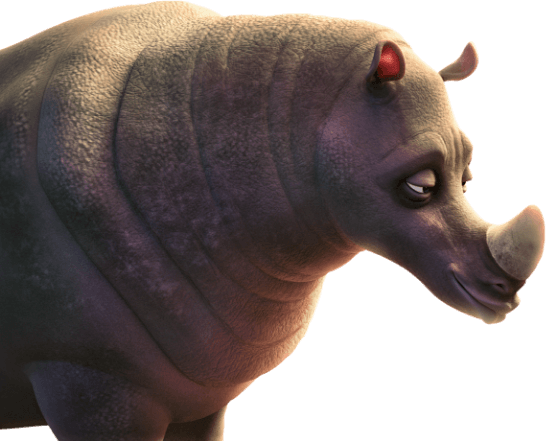
12
Rhino
Shawn Mendes
The black rhino population is nearly extinct, and the four other species of rhinos found in Africa and Asia are disappearing at an astounding rate due to black market demand for their horns, which some very dumb people still believe can increase male virility. In fact, a rhino’s horn is made of the same stuff as your fingernails, and it’s a tragedy that thousands are killed for nothing but human stupidity.
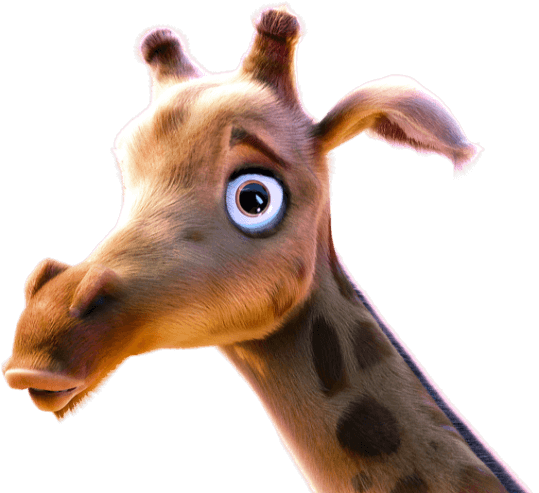
13
Giraffe
Charlie Puth
Giraffes are known for their long necks, but these animals also have large hearts - about the size of a basketball - which are needed to fight against the force of gravity. But it's not only the physical laws of nature that giraffes have to worry about. Their numbers are declining, and their population numbers are estimated to have decreased by 40% over the last three decades.

14
Kangaroo
Sia
There are more kangaroos in Australia than humans (a group of kangaroos is called a mob). However, increased temperatures and domestic livestock production threatens Australia's iconic species. Studies predict that a 2C degree increase in temperature could reduce kangaroo habitat by almost 50% since water would become more scarce, fragmenting their habitat.
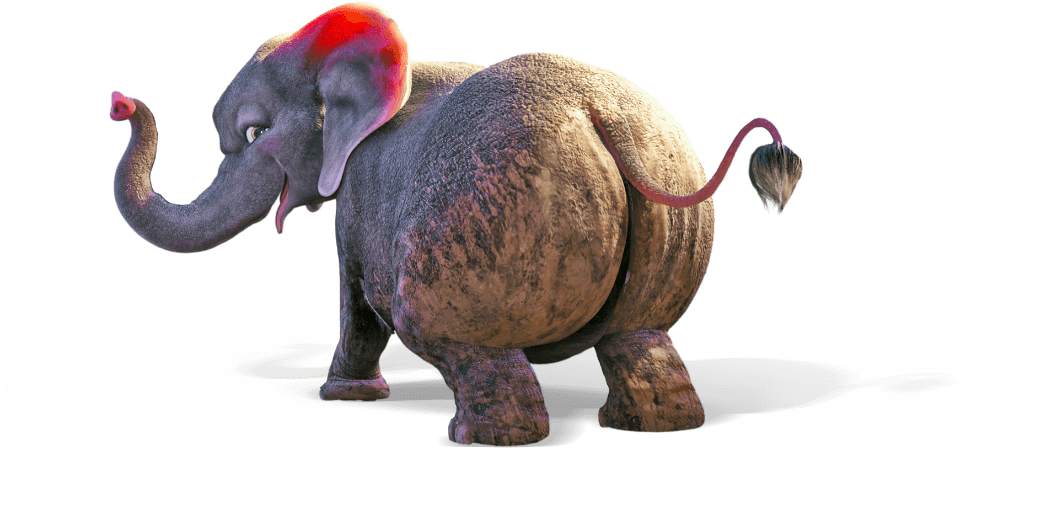
15
Elephant
Miley Cyrus
Elephants are known as “gardeners of the forest” and have a huge impact on the world around them. Through their dung, they disperse seeds spreading both plants and important food resources for other species. Unfortunately, their contributions as environmental caretakers and great intelligence are gravely undervalued, and they are increasingly threatened by hunters looking to sell ivory on the black market.
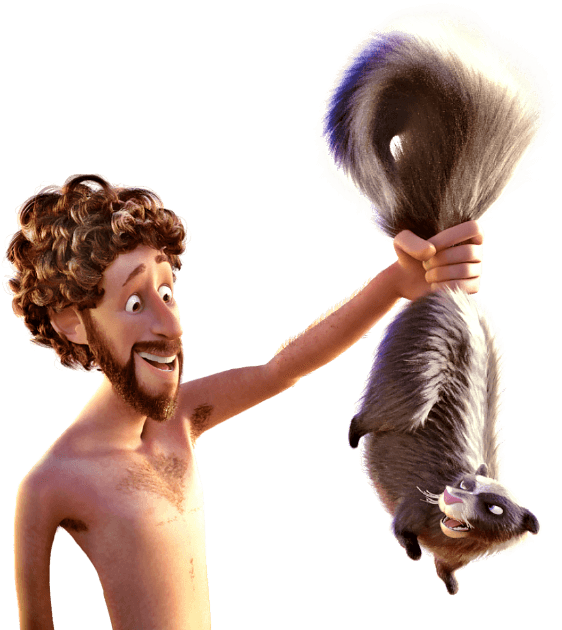
16
Skunk
Wiz Khalifa
Before unleashing their odorous attack, skunks will stomp their feet, click their teeth, and even do a warning dance to scare away potential threats. Unfortunately, though, there are some threats that a spray won't help with. Found in a variety of habitats, ranging from woods to plains to deserts, skunks are threatened with habitat destruction, increasing conflict with humans and pets.
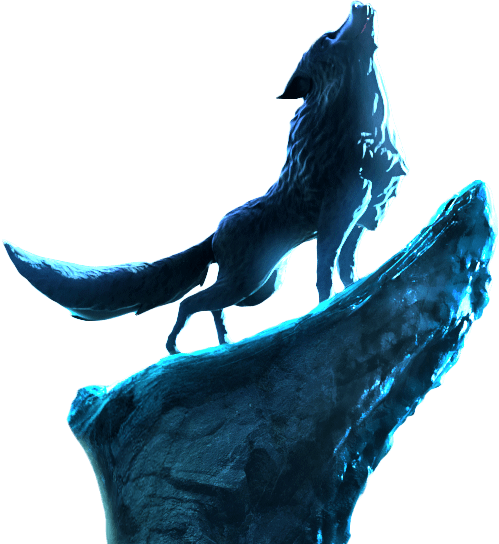
17
Wolf
Rita Ora
Wolves are apex predators -- the top of the food chain -- so they are vitally important in maintaining healthy ecosystems. A great example is Yellowstone park, which was severely degraded because of a lack of wolves. When reintroduced, the wolves quickly reduced the overpopulation of deer that had been stripping all tree leaves, and the wild aspen trees returned along with beavers and other animals.

18
Squirrel
Miguel
You may see small squirrels every day but one of the largest squirrels – the Delmarva Peninsula Fox Squirrel -- has been on the endangered species list since 1967. This listing by IUCN helped justify protected coastal habitat areas in North America, giving them a chance to bounce back. Just as populations are beginning to stabilize, they are once again threatened by rising sea-levels due to climate change.
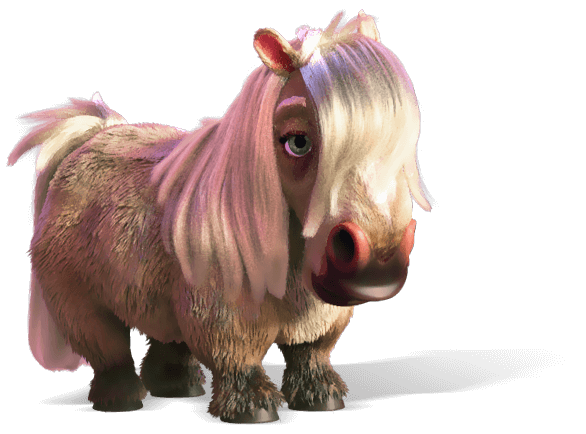
19
Pony
Katy Perry
Przewalski's horse, resembling a domesticated pony, is found today in Mongolia and China and is considered the only species of horse never to be domesticated. The species was nearly wiped out after WWII and was considered extinct in the wild, but successful breeding and reintroduction programs have saved this endangered animal, though they are still threatened by agricultural encroachment.
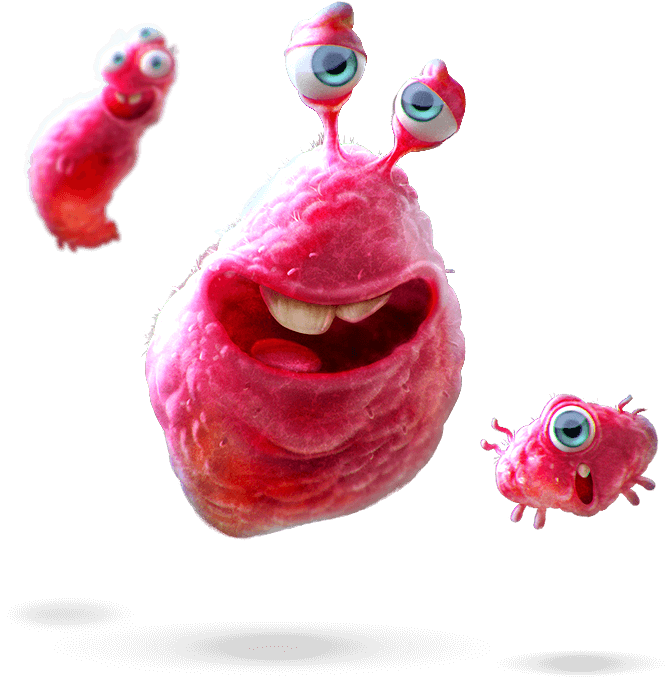
20
HPV
Lil Yachty
Some of the tiniest organisms on Earth, like viruses and bacteria, can actually do a lot of damage. Lurking beneath the icy permafrost layer of the Arctic tundra are trillions of these organisms. Climate change is dramatically increasing temperatures in the Arctic, causing the permafrost to melt. A recent outbreak of Anthrax in Russia was traced back to an ancient reindeer carcass exposed to the bacteria that had thawed out.

21
Koala
Ed Sheeran
The adorable koala exists only in Australia, and an adult eats up to a pound of eucalyptus leaves per day. Loss of habitat causes stress to koalas, often resulting in chlamydia, which can cause infertility, making it difficult to repopulate. Koalas are listed by the IUCN as one of the 10 most vulnerable species to climate change as increased temperatures and drought push them out of their habitat.

22
Humankind
Leonardo DiCaprio
Humans are the most populous large mammal on Earth, there are over 7.6 Billion of us! While we are capable of amazing things like landing on the moon and creating the internet we are also permanently damaging our planet. But we can change that. If we shift to 100% renewable energy, protect nature on land and sea and transform how we grow our food we can have an amazing future on Planet Earth.

01
Humankind
Lil Dicky
Homo sapiens (aka humans) are one of the five great ape species. We share much of the same DNA with our cousins – gorillas, bonobos, chimpanzees, and orangutans – with some notable differences, in particular very large brains and very little fur. Despite evolving only 300,000 years ago and being weaker and more fragile than other apes, we’ve managed to conquer the entire planet, much to our own detriment.

02
Baboon
Justin Bieber
Baboons live in surprisingly varied habitats and are extremely adaptable. These social monkeys, who live in troops of up to 300 individuals, can be found in semi-arid habitats, like savannas and bushlands, and also tropical forests and mountains. Despite this diversity, baboons are quickly losing viable habitats due to overgrazing, agricultural expansion, irrigation projects, and human impacts.

03
Zebra
Ariana Grande
Each of the three species of zebra has a different general pattern of stripes, and every individual zebra's stipes are unique - like a human fingerprint. There are 750,000 plains zebras, but the most endangered zebra species is the Grevy's zebra, where only an estimated 2,000 individuals remain. Unfortunately, climate change is increasing droughts and making things harder for the zebra.

04
Lion cub
Halsey
Lion cubs are usually born in litters of 3-6. In large lion prides, each lioness gives birth at around the same time so suckling can be done by any lactating lioness. This increases the chance of survival for cubs, which is becoming increasingly difficult due to the myriad of threats they face. Lions have vanished from 80% of their historical range and are now gone from over 27 countries they once inhabited.

05
Cow
Zac Brown
Cows are intelligent creatures, but there are now too many on the planet – over 1.5 billion. We definitely need to eat less meat, but when healthy cows are properly managed on grasslands instead of factory farms, they can actually help the environment through a system called managed rotational grazing. All their pooping and peeing builds soil carbon and can be used to revitalize wildlife habitat.

06
Pig
Brendon Urie
Pigs are a highly intelligent and beloved farm animal, but there are just too many on Earth – over 750 million raised to make pork. While pork has a much lower climate impact than beef, factory farming of pigs is often very inhumane. At all times you should try to eat farm-raised pork.

07
Common Fungus
Hailee Steinfeld
You may have never heard of a mycorrhizal fungus, but they're one of our greatest allies in sequestering carbon in the soil. This type of fungus exists entirely underground and accelerates carbon storage in forests. Unfortunately, this fungus is extremely susceptible to Nitrogen pollution that can be caused by agricultural run-off. If we lose the fungi, we'll exponentially increase climate change.

08
Clam
Lil Jon
Clams play key roles in ocean ecosystems by improving water quality, removing nitrogen from coastal waters, and sequestering carbon. They also provide food and jobs for many coastal communities. Unfortunately, as oceans absorb more carbon from the atmosphere, acidity increases, which makes it harder for all shellfish to grow and to create the hard calcified layer that protects them

09
Marijuana
Snoop Dogg
Hemp production has been practiced for thousands of years because of its multiple uses for textiles, food, building material, medicinal purposes and now we can add another - to help reduce climate change! Hemp is a quick grower so it does not need the same amount of fertilizers as many other plants. Hemp also has long extensive roots which can pull carbon out of the air and distribute it underground.

10
Kanye West
aka Kevin Hart
Kanye West is one of Lil Dicky’s biggest artistic influences. In his formative years, LD always had Kanye in his ear telling him not to listen to other people if they said something was impossible. And now look at Lil Dicky, he’s a rapper/actor/model as a result. So if people tell us we can’t save the world, well then...let us do as Kanye would do...and save it anyways.

11
Vulture
Adam Levine
Vultures may not be the prettiest of birds, but they are vital for the healthy functioning of ecosystems. There are 27 species of vultures across almost every continent, and their scavenger lifestyle keeps many habitats free from contagious diseases. They have an extremely corrosive stomach acid that allows them to consume rotting animal corpses, which might otherwise infect nearby animals and people.

12
Rhino
Shawn Mendes
The black rhino population is nearly extinct, and the four other species of rhinos found in Africa and Asia are disappearing at an astounding rate due to black market demand for their horns, which some very dumb people still believe can increase male virility. In fact, a rhino’s horn is made of the same stuff as your fingernails, and it’s a tragedy that thousands are killed for nothing but human stupidity.

13
Giraffe
Charlie Puth
Giraffes are known for their long necks, but these animals also have large hearts - about the size of a basketball - which are needed to fight against the force of gravity. But it's not only the physical laws of nature that giraffes have to worry about. Their numbers are declining, and their population numbers are estimated to have decreased by 40% over the last three decades.

14
Kangaroo
Sia
There are more kangaroos in Australia than humans (a group of kangaroos is called a mob). However, increased temperatures and domestic livestock production threatens Australia's iconic species. Studies predict that a 2C degree increase in temperature could reduce kangaroo habitat by almost 50% since water would become more scarce, fragmenting their habitat.

15
Elephant
Miley Cyrus
Elephants are known as “gardeners of the forest” and have a huge impact on the world around them. Through their dung, they disperse seeds spreading both plants and important food resources for other species. Unfortunately, their contributions as environmental caretakers and great intelligence are gravely undervalued, and they are increasingly threatened by hunters looking to sell ivory on the black market.

16
Skunk
Wiz Khalifa
Before unleashing their odorous attack, skunks will stomp their feet, click their teeth, and even do a warning dance to scare away potential threats. Unfortunately, though, there are some threats that a spray won't help with. Found in a variety of habitats, ranging from woods to plains to deserts, skunks are threatened with habitat destruction, increasing conflict with humans and pets.

17
Wolf
Rita Ora
Wolves are apex predators -- the top of the food chain -- so they are vitally important in maintaining healthy ecosystems. A great example is Yellowstone park, which was severely degraded because of a lack of wolves. When reintroduced, the wolves quickly reduced the overpopulation of deer that had been stripping all tree leaves, and the wild aspen trees returned along with beavers and other animals.

18
Squirrel
Miguel
You may see small squirrels every day but one of the largest squirrels – the Delmarva Peninsula Fox Squirrel -- has been on the endangered species list since 1967. This listing by IUCN helped justify protected coastal habitat areas in North America, giving them a chance to bounce back. Just as populations are beginning to stabilize, they are once again threatened by rising sea-levels due to climate change.

19
Pony
Katy Perry
Przewalski's horse, resembling a domesticated pony, is found today in Mongolia and China and is considered the only species of horse never to be domesticated. The species was nearly wiped out after WWII and was considered extinct in the wild, but successful breeding and reintroduction programs have saved this endangered animal, though they are still threatened by agricultural encroachment.

20
HPV
Lil Yachty
Some of the tiniest organisms on Earth, like viruses and bacteria, can actually do a lot of damage. Lurking beneath the icy permafrost layer of the Arctic tundra are trillions of these organisms. Climate change is dramatically increasing temperatures in the Arctic, causing the permafrost to melt. A recent outbreak of Anthrax in Russia was traced back to an ancient reindeer carcass exposed to the bacteria that had thawed out.

21
Koala
Ed Sheeran
The adorable koala exists only in Australia, and an adult eats up to a pound of eucalyptus leaves per day. Loss of habitat causes stress to koalas, often resulting in chlamydia, which can cause infertility, making it difficult to repopulate. Koalas are listed by the IUCN as one of the 10 most vulnerable species to climate change as increased temperatures and drought push them out of their habitat.

22
Humankind
Leonardo DiCaprio
Humans are the most populous large mammal on Earth, there are over 7.6 Billion of us! While we are capable of amazing things like landing on the moon and creating the internet we are also permanently damaging our planet. But we can change that. If we shift to 100% renewable energy, protect nature on land and sea and transform how we grow our food we can have an amazing future on Planet Earth.

01
Humankind
Lil Dicky
Homo sapiens (aka humans) are one of the five great ape species. We share much of the same DNA with our cousins – gorillas, bonobos, chimpanzees, and orangutans – with some notable differences, in particular very large brains and very little fur. Despite evolving only 300,000 years ago and being weaker and more fragile than other apes, we’ve managed to conquer the entire planet, much to our own detriment.

02
Baboon
Justin Bieber
Baboons live in surprisingly varied habitats and are extremely adaptable. These social monkeys, who live in troops of up to 300 individuals, can be found in semi-arid habitats, like savannas and bushlands, and also tropical forests and mountains. Despite this diversity, baboons are quickly losing viable habitats due to overgrazing, agricultural expansion, irrigation projects, and human impacts.

03
Zebra
Ariana Grande
Each of the three species of zebra has a different general pattern of stripes, and every individual zebra's stipes are unique - like a human fingerprint. There are 750,000 plains zebras, but the most endangered zebra species is the Grevy's zebra, where only an estimated 2,000 individuals remain. Unfortunately, climate change is increasing droughts and making things harder for the zebra.

04
Lion cub
Halsey
Lion cubs are usually born in litters of 3-6. In large lion prides, each lioness gives birth at around the same time so suckling can be done by any lactating lioness. This increases the chance of survival for cubs, which is becoming increasingly difficult due to the myriad of threats they face. Lions have vanished from 80% of their historical range and are now gone from over 27 countries they once inhabited.

05
Cow
Zac Brown
Cows are intelligent creatures, but there are now too many on the planet – over 1.5 billion. We definitely need to eat less meat, but when healthy cows are properly managed on grasslands instead of factory farms, they can actually help the environment through a system called managed rotational grazing. All their pooping and peeing builds soil carbon and can be used to revitalize wildlife habitat.

06
Pig
Brendon Urie
Pigs are a highly intelligent and beloved farm animal, but there are just too many on Earth – over 750 million raised to make pork. While pork has a much lower climate impact than beef, factory farming of pigs is often very inhumane. At all times you should try to eat farm-raised pork.

07
Common Fungus
Hailee Steinfeld
You may have never heard of a mycorrhizal fungus, but they're one of our greatest allies in sequestering carbon in the soil. This type of fungus exists entirely underground and accelerates carbon storage in forests. Unfortunately, this fungus is extremely susceptible to Nitrogen pollution that can be caused by agricultural run-off. If we lose the fungi, we'll exponentially increase climate change.

08
Clam
Lil Jon
Clams play key roles in ocean ecosystems by improving water quality, removing nitrogen from coastal waters, and sequestering carbon. They also provide food and jobs for many coastal communities. Unfortunately, as oceans absorb more carbon from the atmosphere, acidity increases, which makes it harder for all shellfish to grow and to create the hard calcified layer that protects them

09
Marijuana
Snoop Dogg
Hemp production has been practiced for thousands of years because of its multiple uses for textiles, food, building material, medicinal purposes and now we can add another - to help reduce climate change! Hemp is a quick grower so it does not need the same amount of fertilizers as many other plants. Hemp also has long extensive roots which can pull carbon out of the air and distribute it underground.

10
Kanye West
aka Kevin Hart
Kanye West is one of Lil Dicky’s biggest artistic influences. In his formative years, LD always had Kanye in his ear telling him not to listen to other people if they said something was impossible. And now look at Lil Dicky, he’s a rapper/actor/model as a result. So if people tell us we can’t save the world, well then...let us do as Kanye would do...and save it anyways.

11
Vulture
Adam Levine
Vultures may not be the prettiest of birds, but they are vital for the healthy functioning of ecosystems. There are 27 species of vultures across almost every continent, and their scavenger lifestyle keeps many habitats free from contagious diseases. They have an extremely corrosive stomach acid that allows them to consume rotting animal corpses, which might otherwise infect nearby animals and people.

12
Rhino
Shawn Mendes
The black rhino population is nearly extinct, and the four other species of rhinos found in Africa and Asia are disappearing at an astounding rate due to black market demand for their horns, which some very dumb people still believe can increase male virility. In fact, a rhino’s horn is made of the same stuff as your fingernails, and it’s a tragedy that thousands are killed for nothing but human stupidity.

13
Giraffe
Charlie Puth
Giraffes are known for their long necks, but these animals also have large hearts - about the size of a basketball - which are needed to fight against the force of gravity. But it's not only the physical laws of nature that giraffes have to worry about. Their numbers are declining, and their population numbers are estimated to have decreased by 40% over the last three decades.

14
Kangaroo
Sia
There are more kangaroos in Australia than humans (a group of kangaroos is called a mob). However, increased temperatures and domestic livestock production threatens Australia's iconic species. Studies predict that a 2C degree increase in temperature could reduce kangaroo habitat by almost 50% since water would become more scarce, fragmenting their habitat.

15
Elephant
Miley Cyrus
Elephants are known as “gardeners of the forest” and have a huge impact on the world around them. Through their dung, they disperse seeds spreading both plants and important food resources for other species. Unfortunately, their contributions as environmental caretakers and great intelligence are gravely undervalued, and they are increasingly threatened by hunters looking to sell ivory on the black market.

16
Skunk
Wiz Khalifa
Before unleashing their odorous attack, skunks will stomp their feet, click their teeth, and even do a warning dance to scare away potential threats. Unfortunately, though, there are some threats that a spray won't help with. Found in a variety of habitats, ranging from woods to plains to deserts, skunks are threatened with habitat destruction, increasing conflict with humans and pets.

17
Wolf
Rita Ora
Wolves are apex predators -- the top of the food chain -- so they are vitally important in maintaining healthy ecosystems. A great example is Yellowstone park, which was severely degraded because of a lack of wolves. When reintroduced, the wolves quickly reduced the overpopulation of deer that had been stripping all tree leaves, and the wild aspen trees returned along with beavers and other animals.

18
Squirrel
Miguel
You may see small squirrels every day but one of the largest squirrels – the Delmarva Peninsula Fox Squirrel -- has been on the endangered species list since 1967. This listing by IUCN helped justify protected coastal habitat areas in North America, giving them a chance to bounce back. Just as populations are beginning to stabilize, they are once again threatened by rising sea-levels due to climate change.

19
Pony
Katy Perry
Przewalski's horse, resembling a domesticated pony, is found today in Mongolia and China and is considered the only species of horse never to be domesticated. The species was nearly wiped out after WWII and was considered extinct in the wild, but successful breeding and reintroduction programs have saved this endangered animal, though they are still threatened by agricultural encroachment.

20
HPV
Lil Yachty
Some of the tiniest organisms on Earth, like viruses and bacteria, can actually do a lot of damage. Lurking beneath the icy permafrost layer of the Arctic tundra are trillions of these organisms. Climate change is dramatically increasing temperatures in the Arctic, causing the permafrost to melt. A recent outbreak of Anthrax in Russia was traced back to an ancient reindeer carcass exposed to the bacteria that had thawed out.

21
Koala
Ed Sheeran
The adorable koala exists only in Australia, and an adult eats up to a pound of eucalyptus leaves per day. Loss of habitat causes stress to koalas, often resulting in chlamydia, which can cause infertility, making it difficult to repopulate. Koalas are listed by the IUCN as one of the 10 most vulnerable species to climate change as increased temperatures and drought push them out of their habitat.

22
Humankind
Leonardo DiCaprio
Humans are the most populous large mammal on Earth, there are over 7.6 Billion of us! While we are capable of amazing things like landing on the moon and creating the internet we are also permanently damaging our planet. But we can change that. If we shift to 100% renewable energy, protect nature on land and sea and transform how we grow our food we can have an amazing future on Planet Earth.

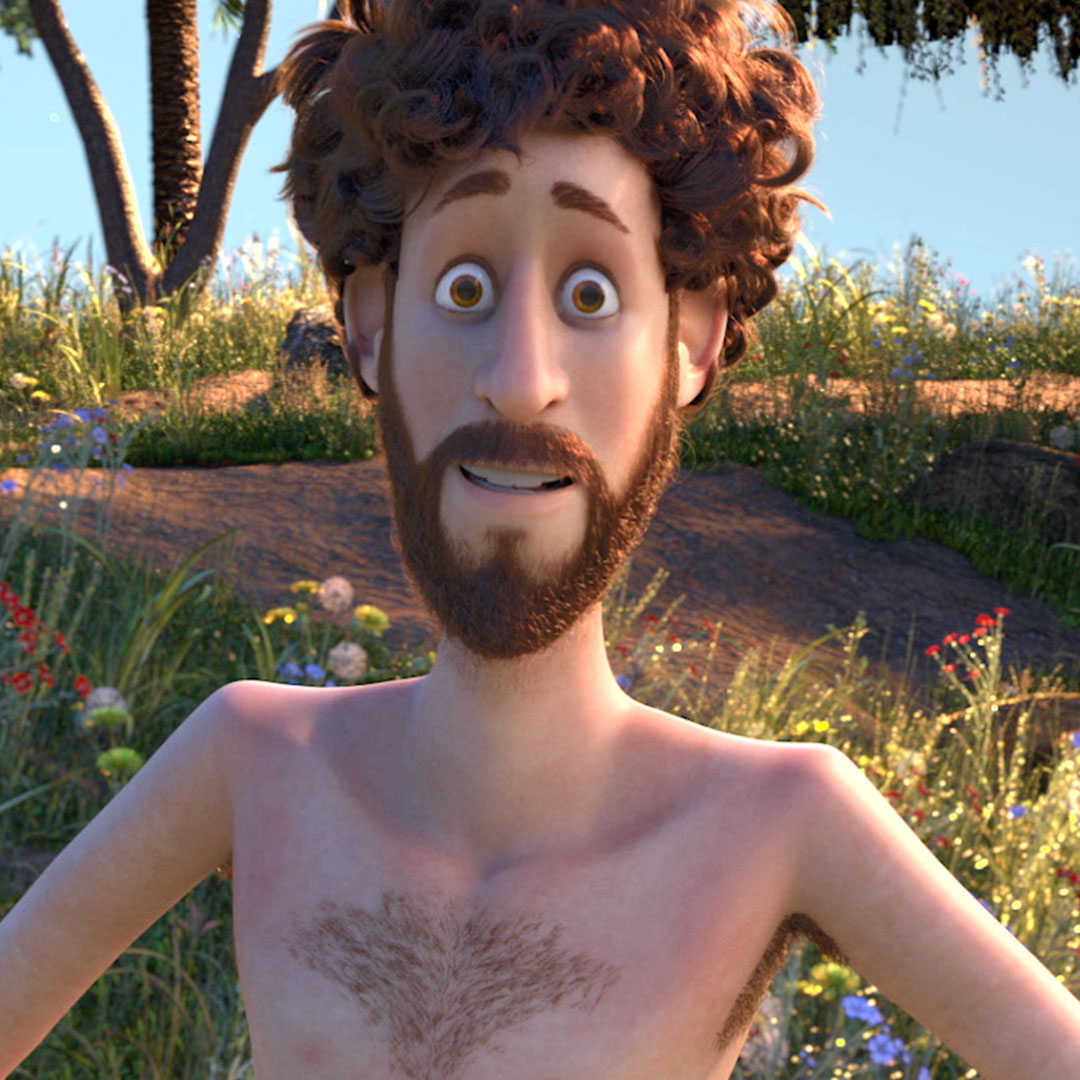
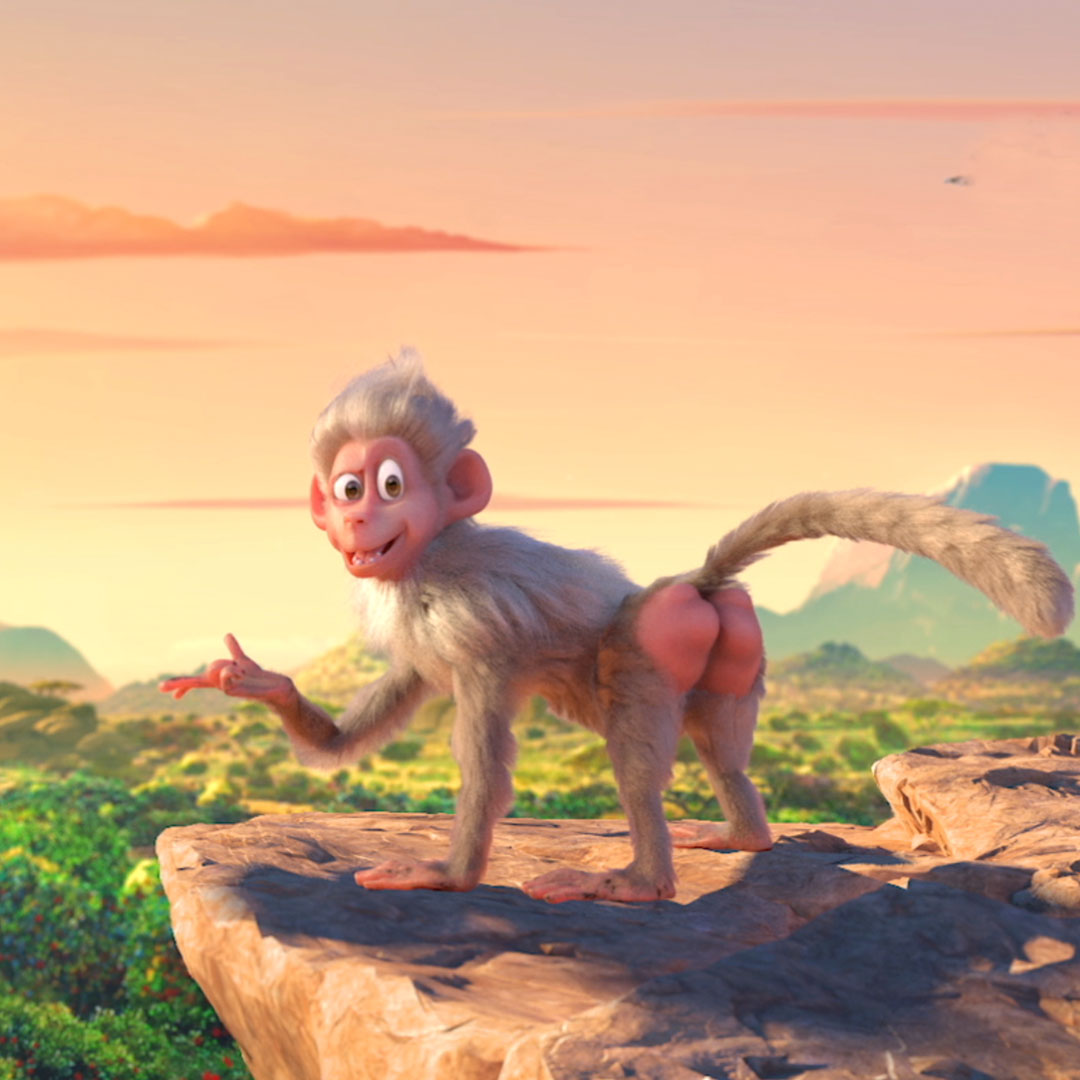

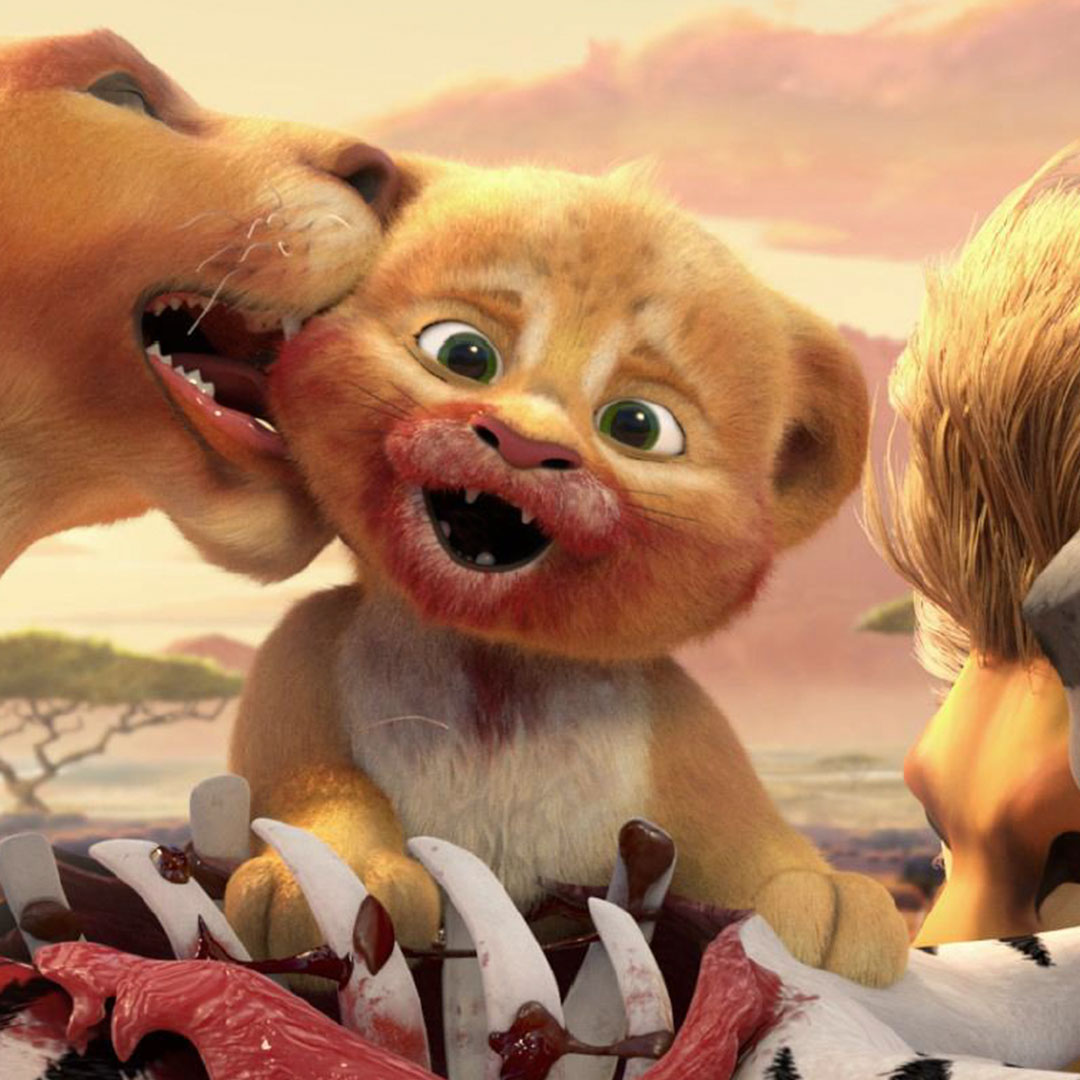
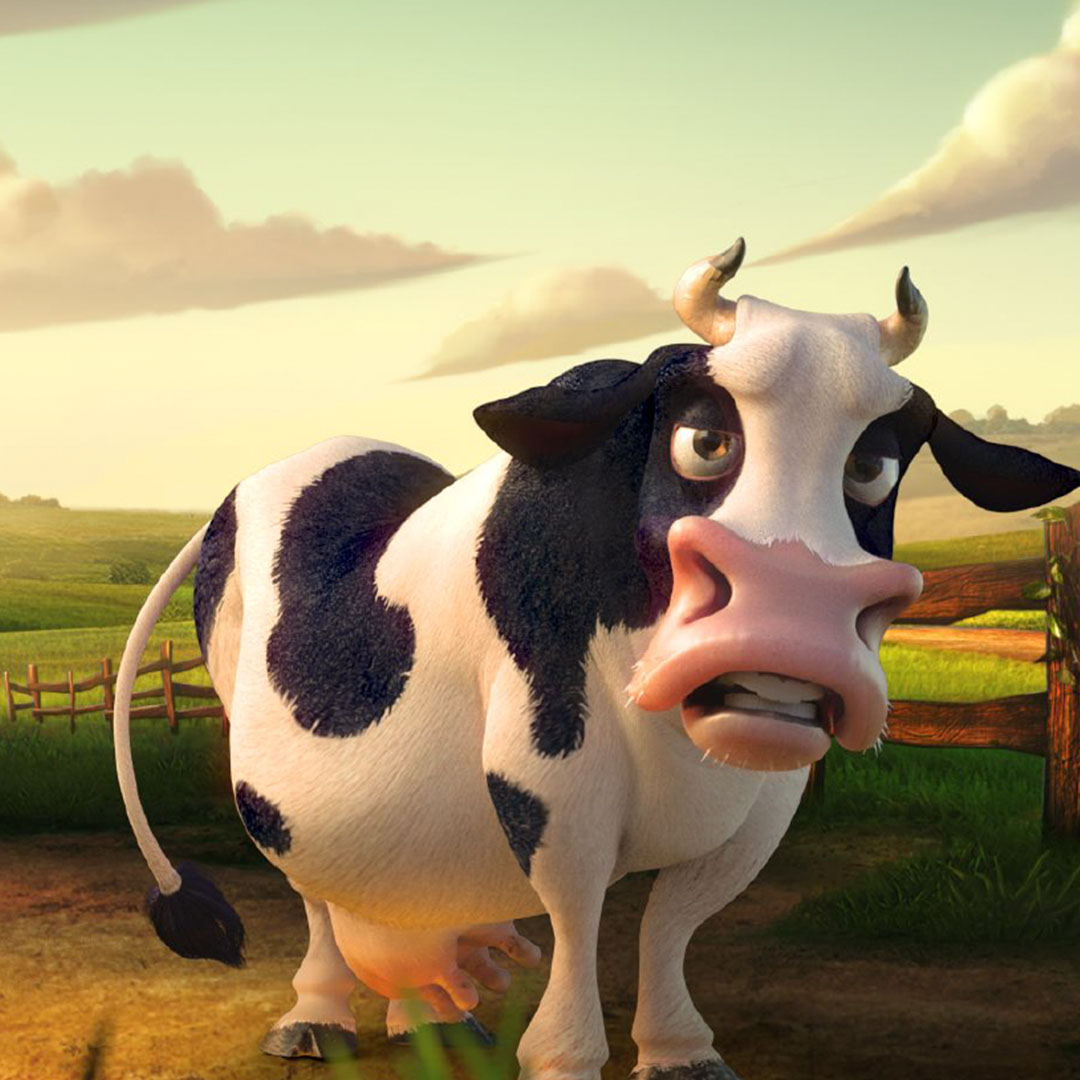
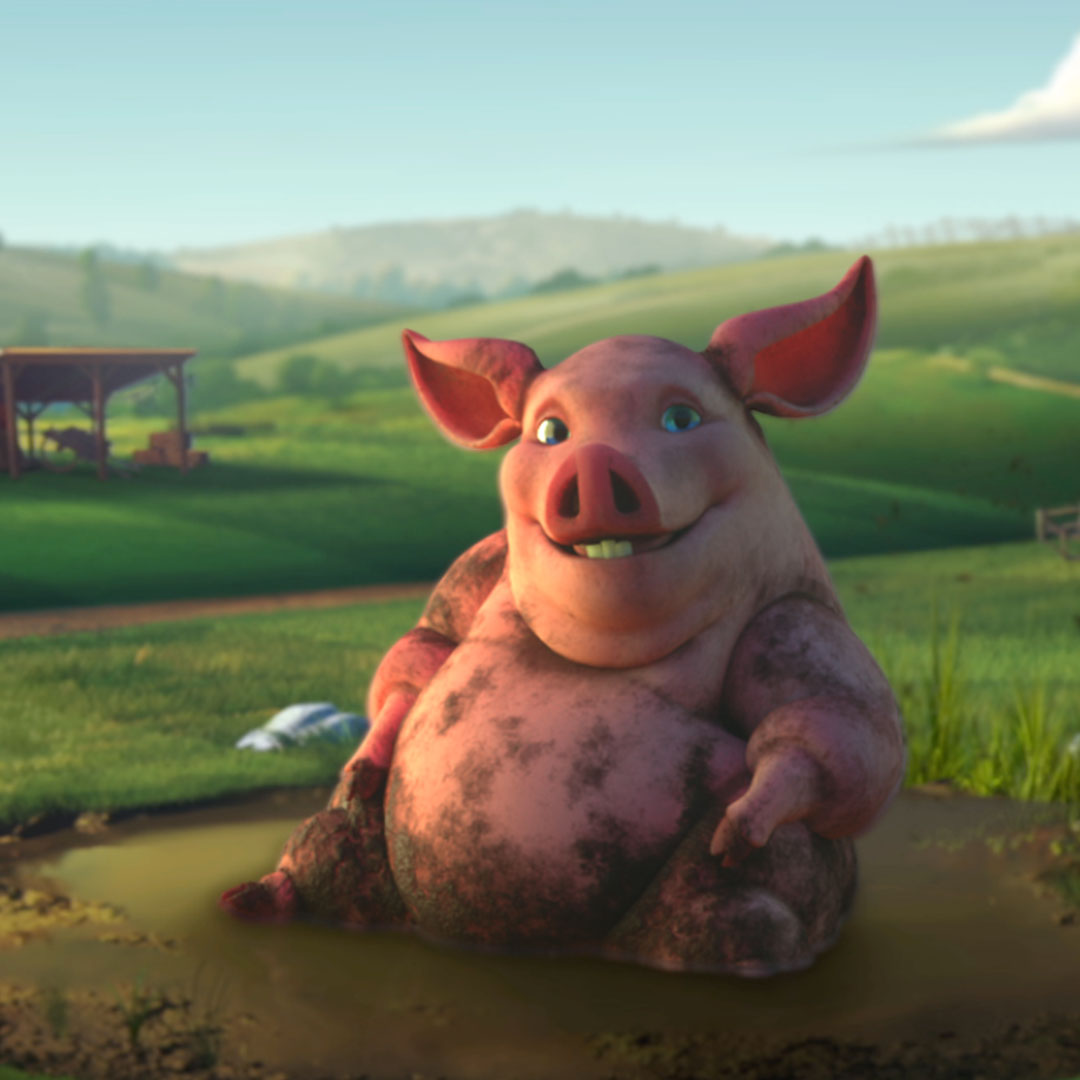


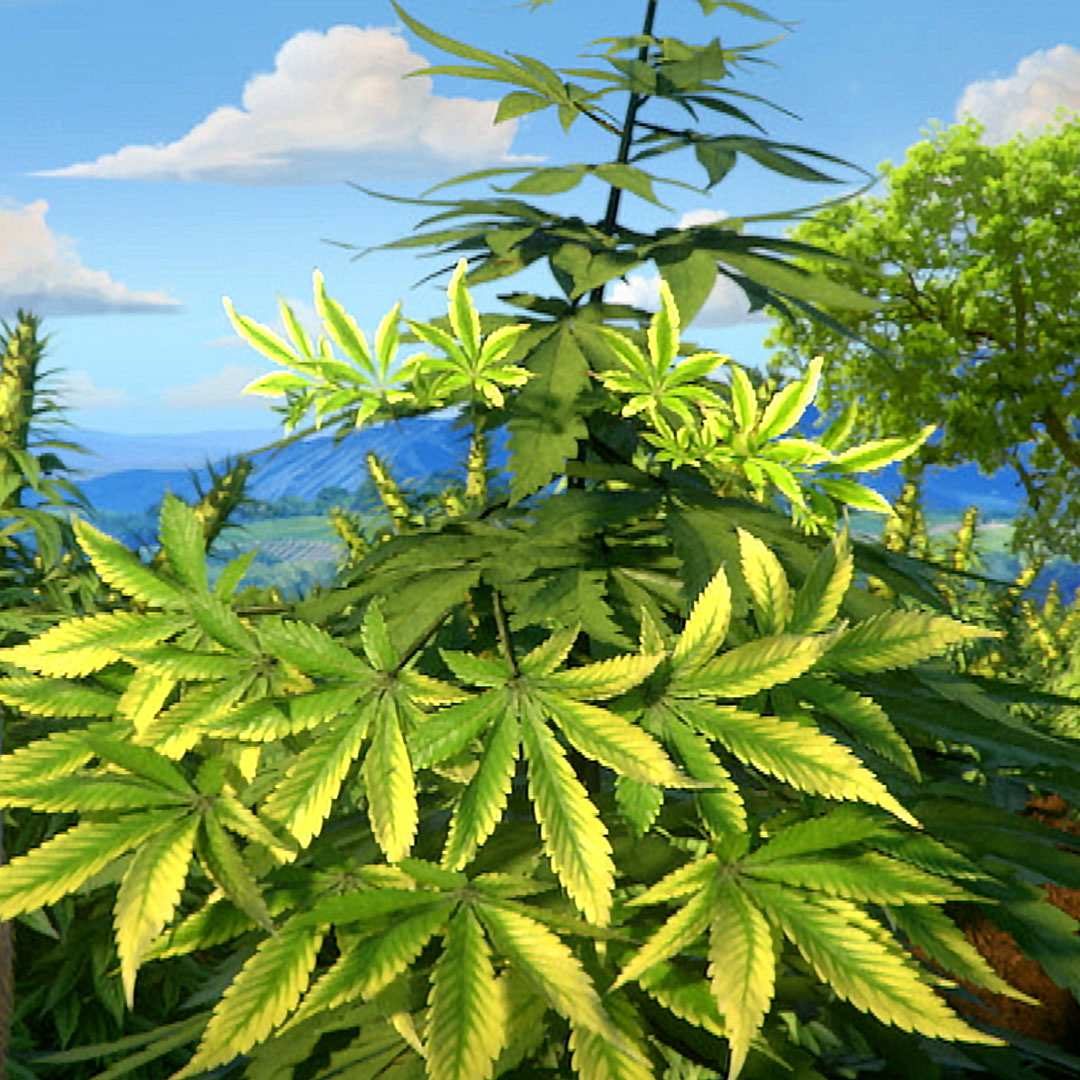
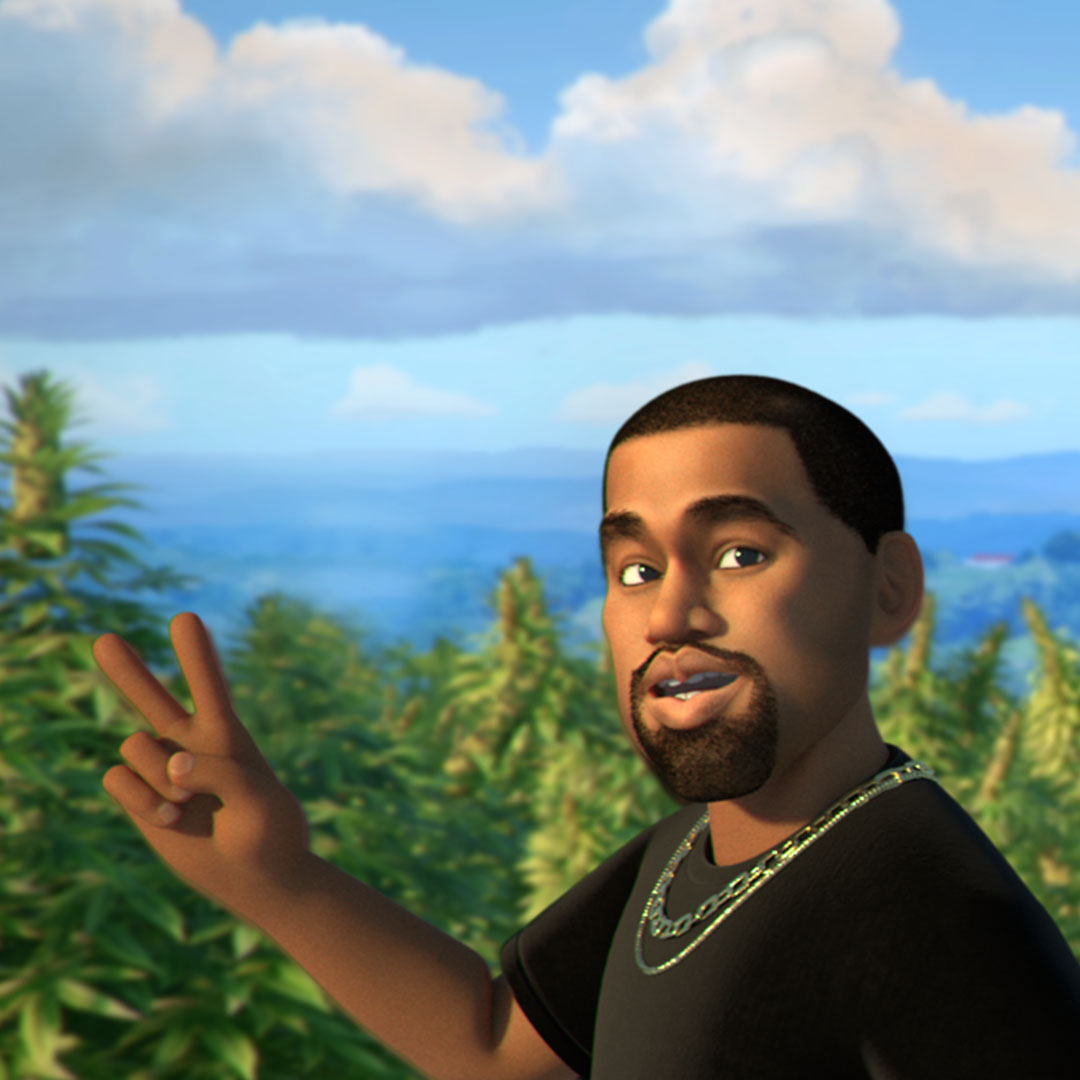
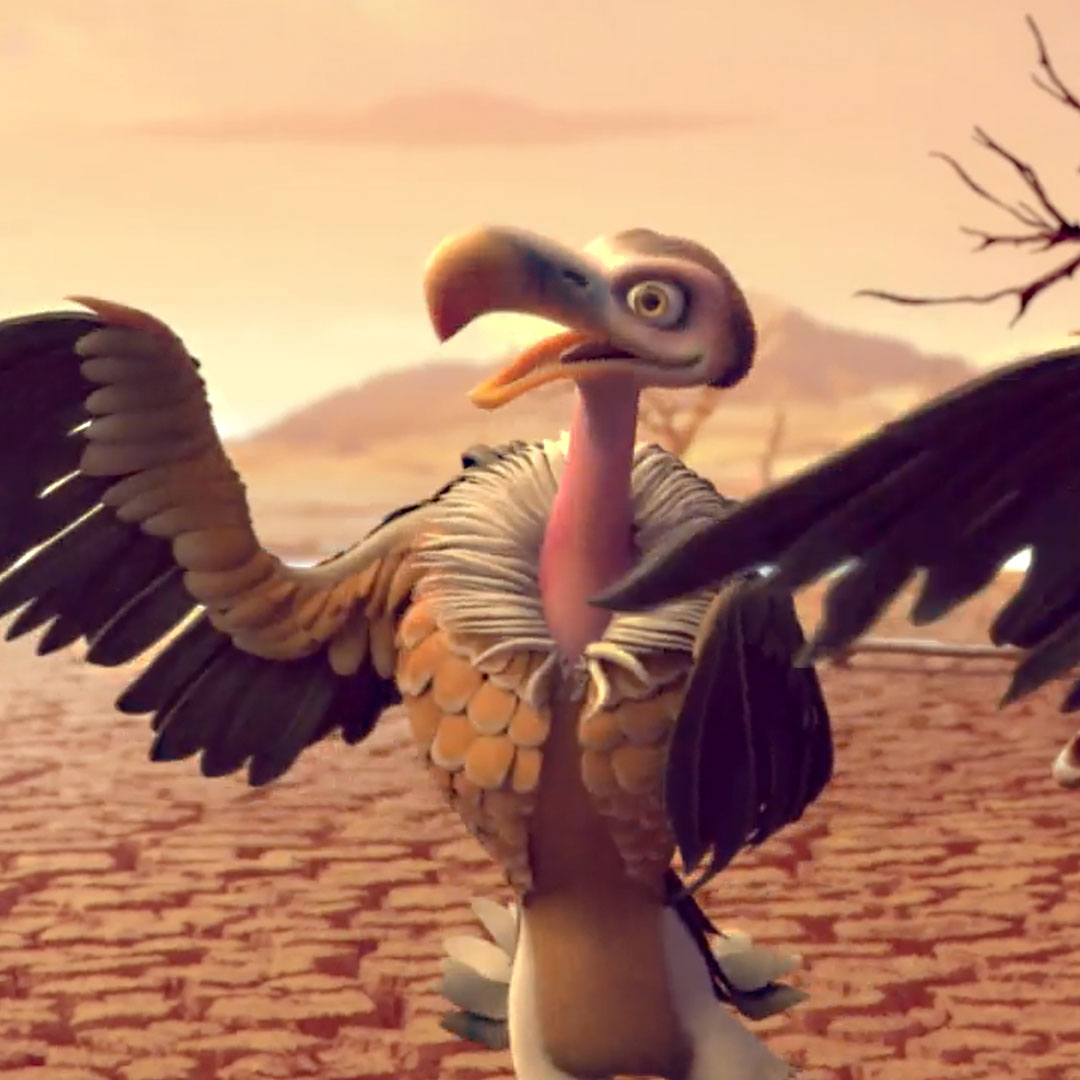
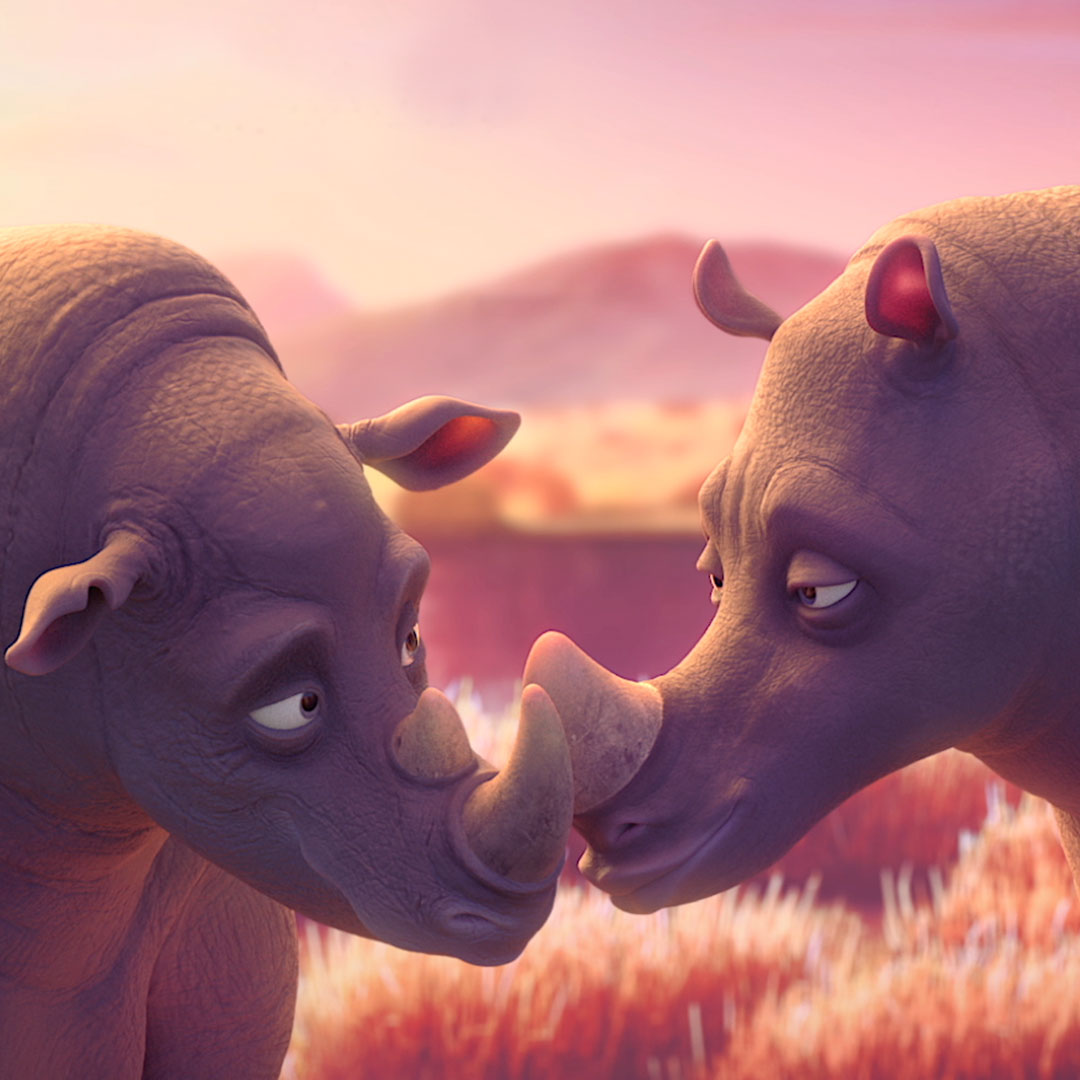


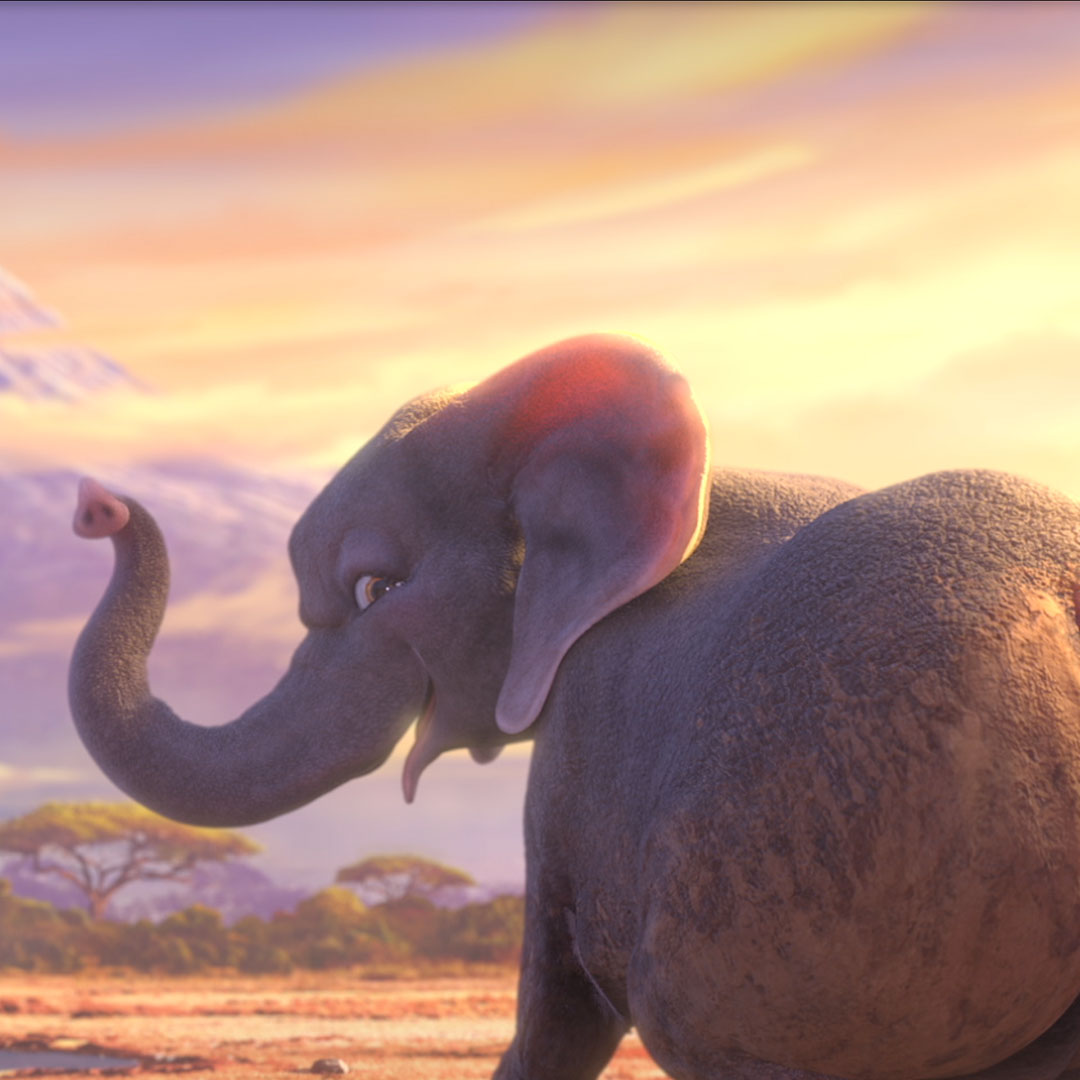
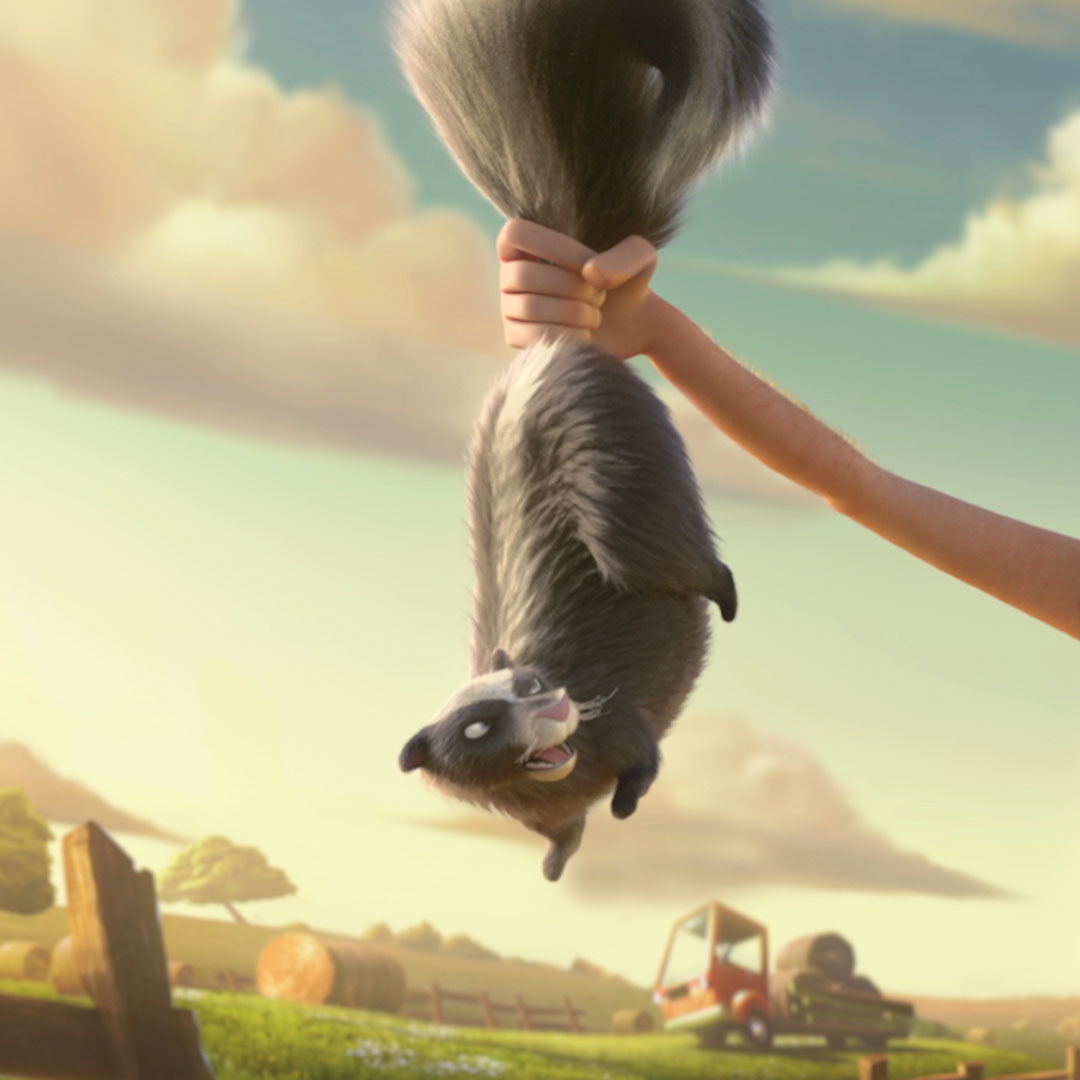

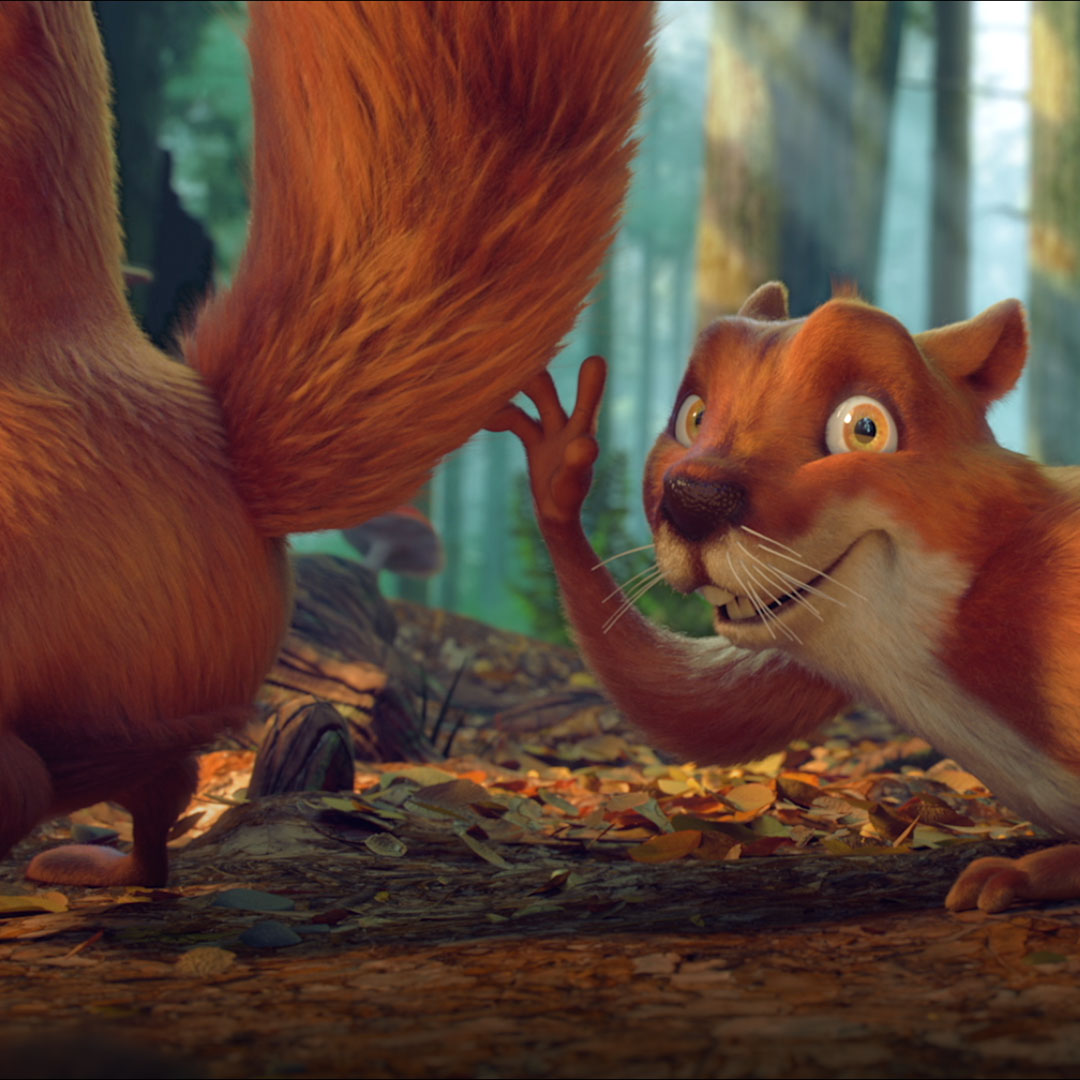

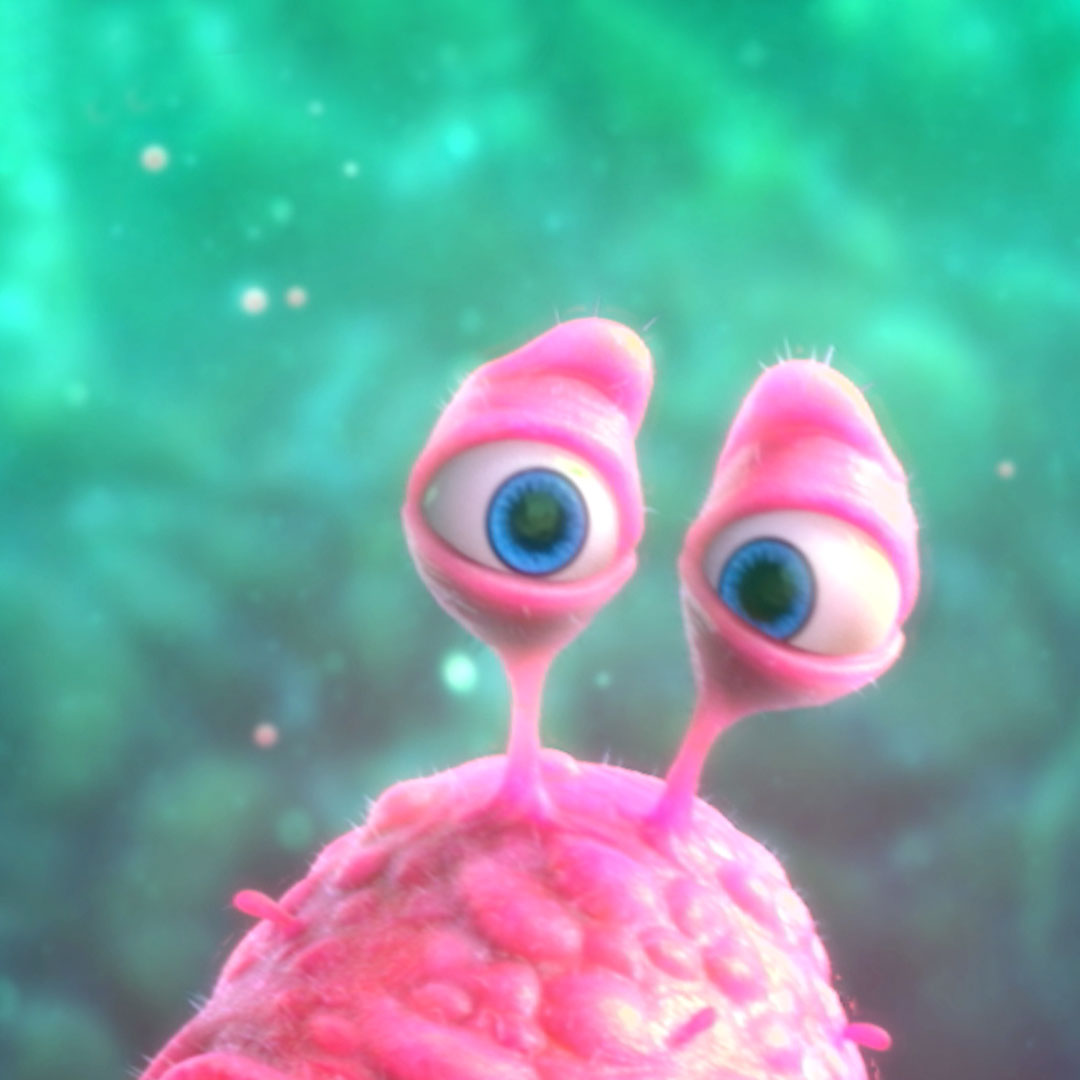
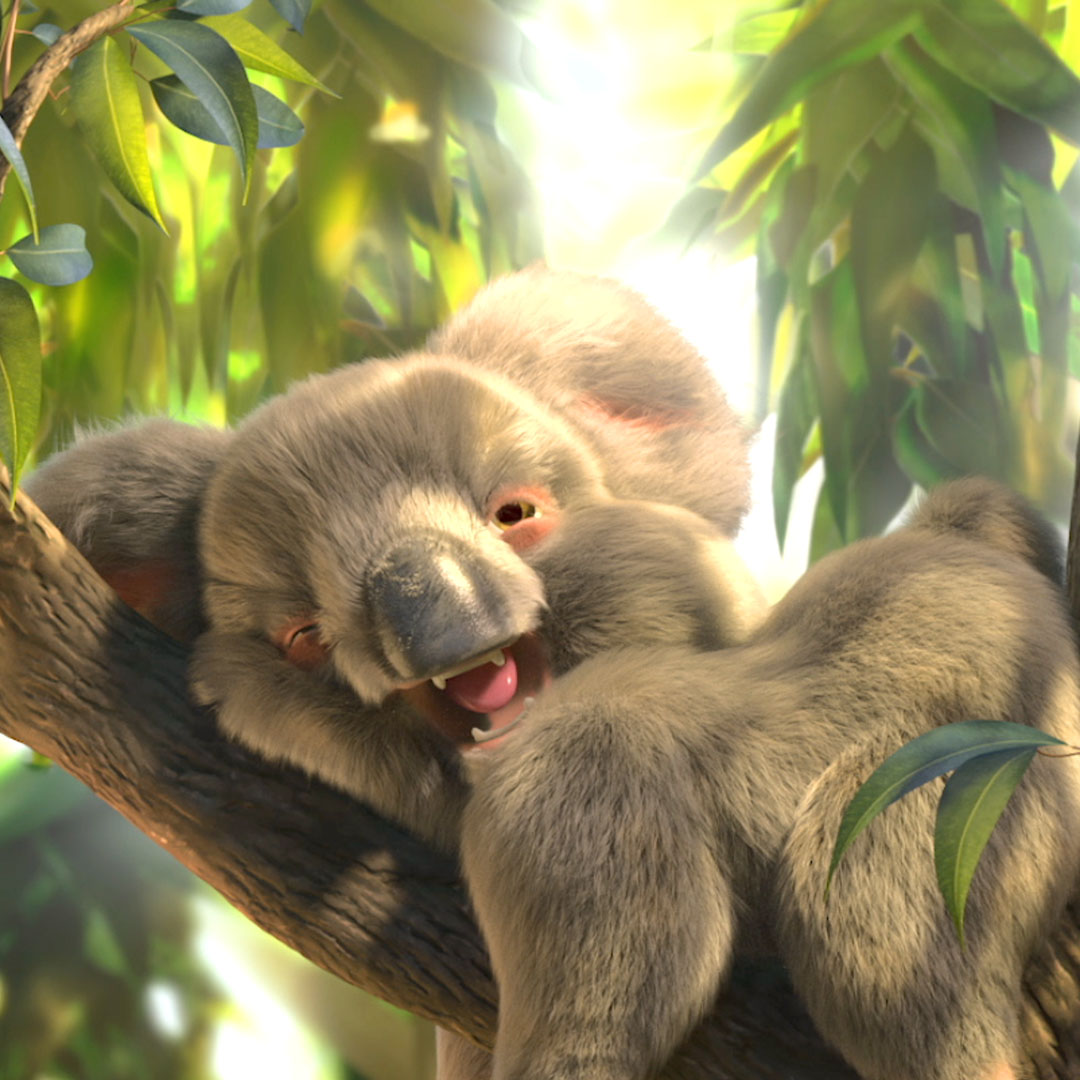

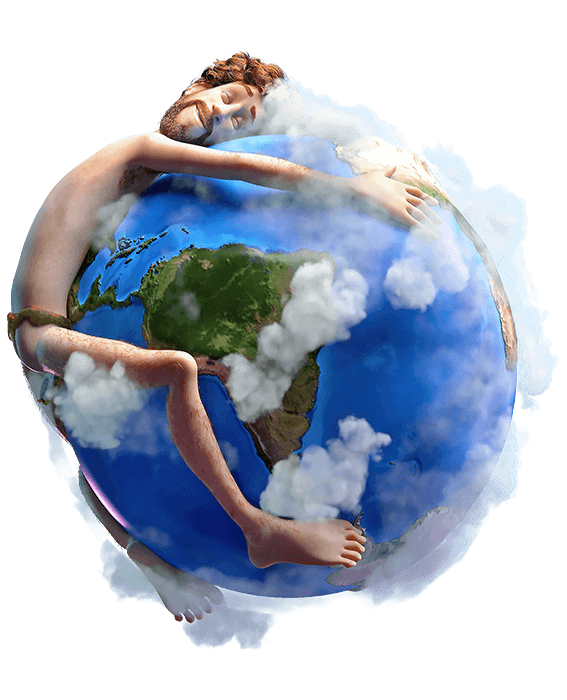

Write My Assignment In A Click| Online Assignment Help 24/7 Live
ReplyDeleteWorry for who will 'make my assignment'? A perfect platform for writing your assignment at the very cheapest price possible. 1000+ PhD experts , 100% satisfaction, 0% plagi, 24/7 online support. Best writing service for online assignment help Australia and assignment help Canada in your pocket budget. Book your order now. Get flat 20% off on your first order.
Are you running out of time? Even if it’s the last day of your assignment you can contact us now, our assignment help experts
ReplyDeletewho are Masters and PhD degree holders with rich experience are here to provide assignment help service. Contact now to hire us today!
Thanks its look interesting article and picture. Best hotspot captive portal
ReplyDelete